(ECNS) -- The world's first remote sensing satellite designed for health research has been approved for development, and it is expected to be delivered in August 2023 and launched before October in China.
The remote satellite will be developed by the Medical Remote Sensing Information Institute of Renmin Hospital of Wuhan University, established in April in central China’s Wuhan.
The designed payload of the remote satellite is about 50 kilograms. Equipped with visible light hyperspectral camera and ultraviolet camera, the satellite has hyperspectral, low-light, and ultraviolet modes.
It will detect environmental factors that affect human health in mainly China and then in neighboring countries, serving infectious disease traceability, endemic disease analysis, health and longevity factor monitoring, post-disaster epidemic prevention and control, public disease prevention and other fields.
Among the nine social service applications of remote sensing defined by the Group on Earth Observations(GEO), there is currently only a lack of dedicated remote sensing satellites for monitoring health and environmental factors, said Gong Jianya, Dean of the Medical Remote Sensing Information Institute of Renmin Hospital of Wuhan University.
A multi-sensor payload satellite platform will help detect and design payloads and select bands for the "water-soil-air" environmental elements that affect human health, so as to improve remote sensing monitoring capabilities in the field of global health research. It will also combine health, population and environment data to carry out demonstrations of medical remote sensing applications, Gong added.












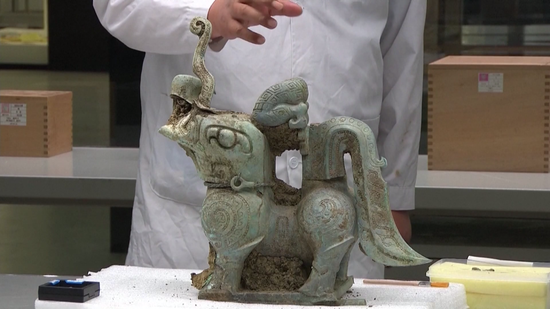

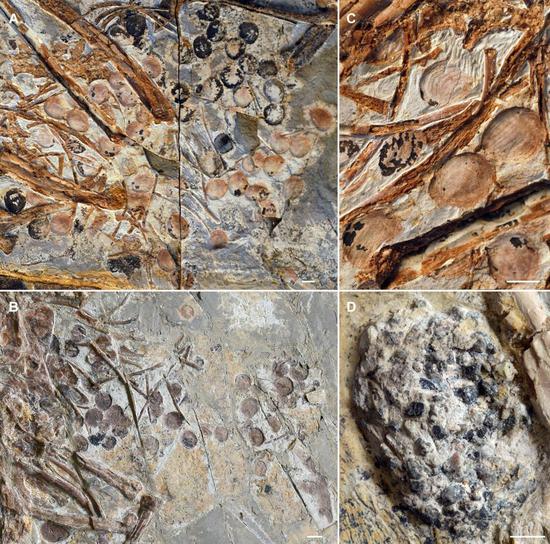






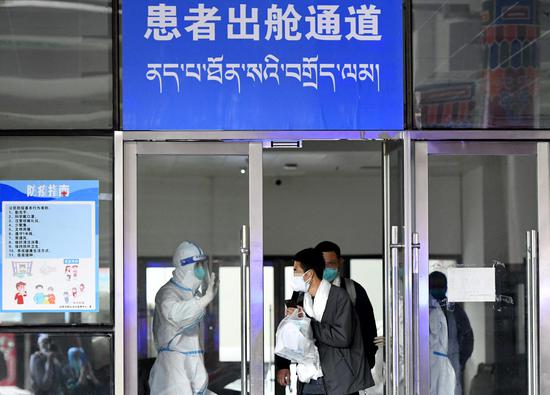


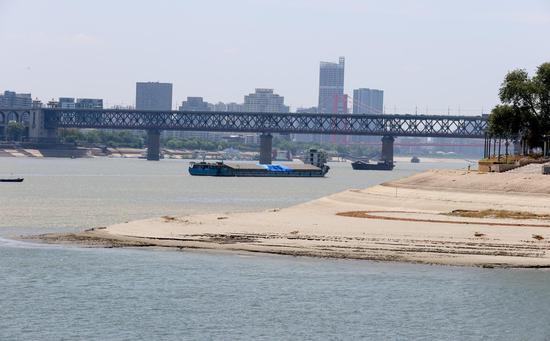



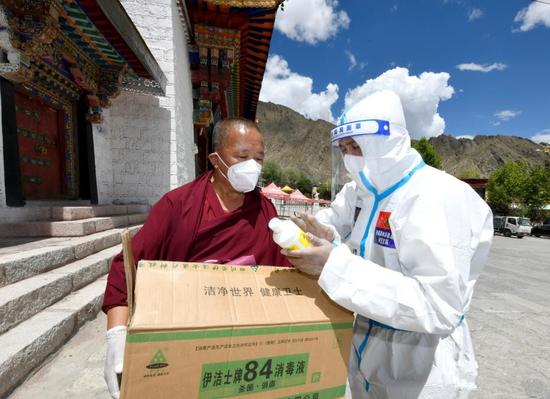
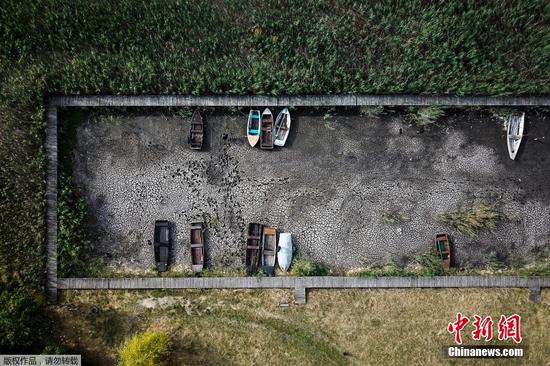



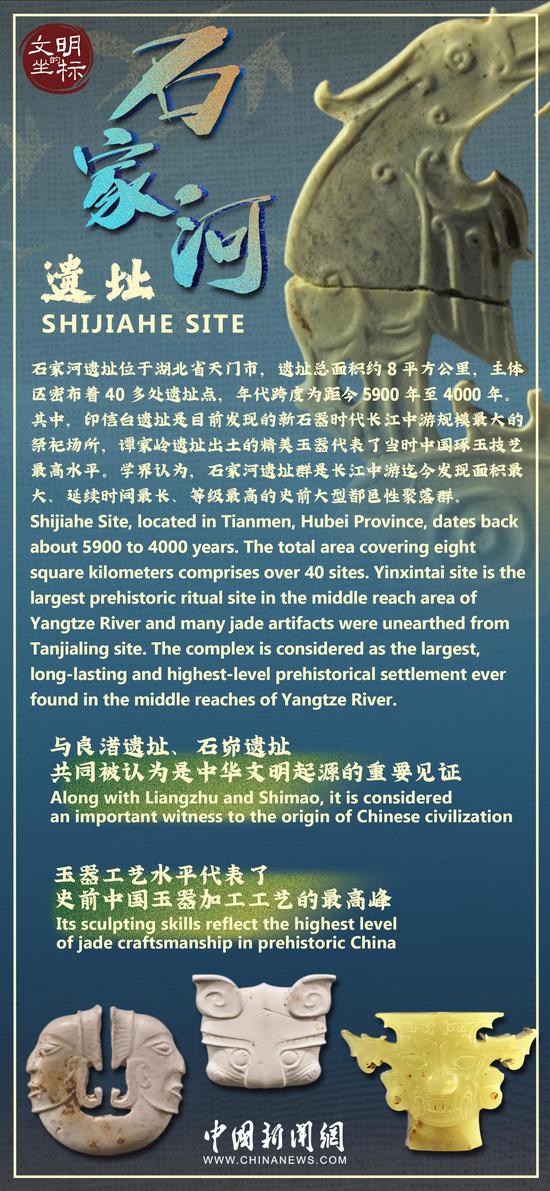







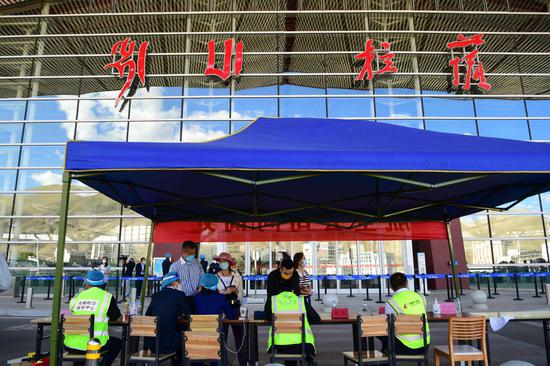






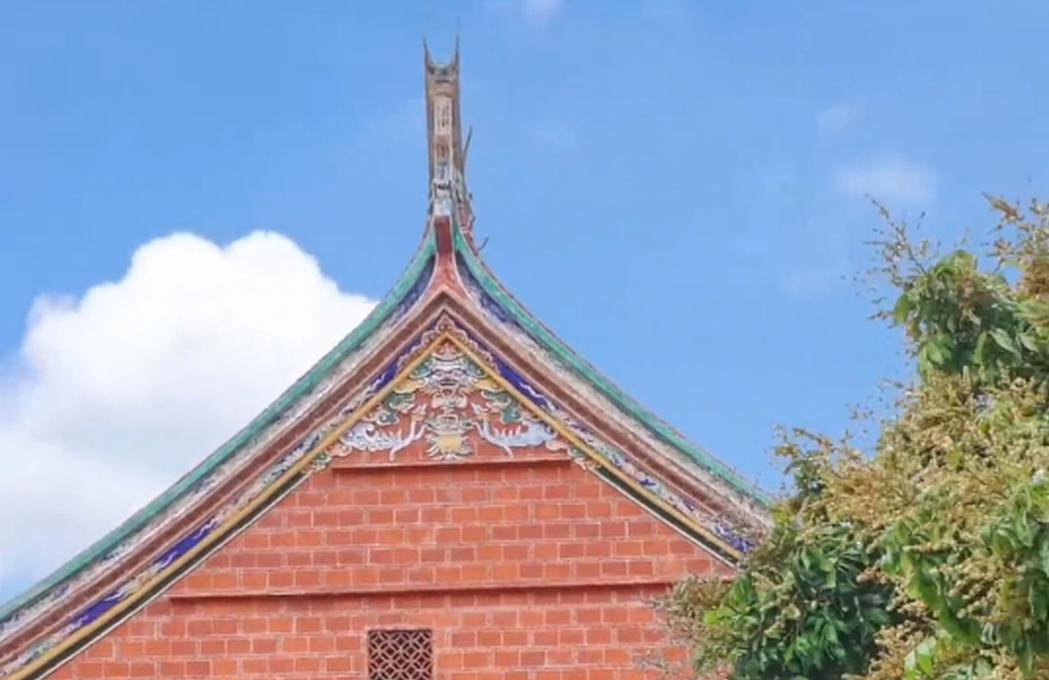

 京公网安备 11010202009201号
京公网安备 11010202009201号